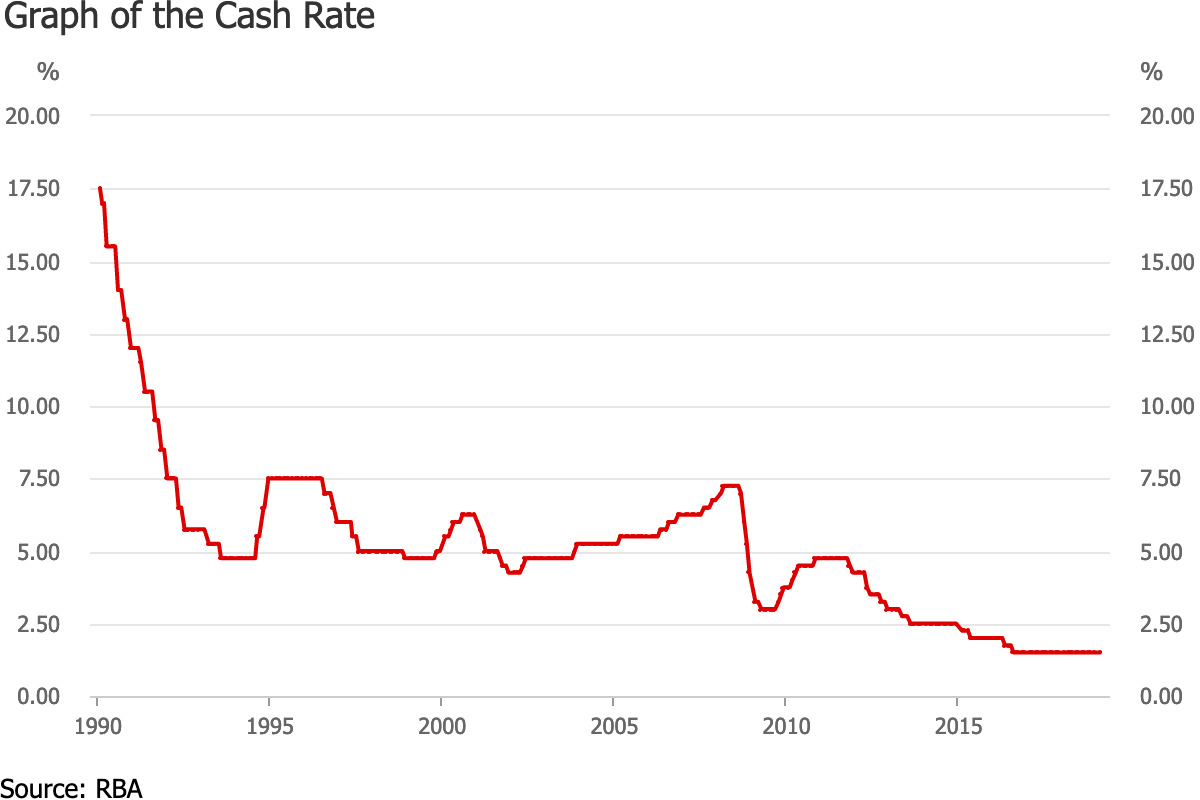GPT Group (ASX: GPT) released its annual results earlier this week with net profit rising 14.5% to $1.45 billion. On face value this would seem to be an outstanding result, however, on closer examination, it is not quite so good.
GPT is one of the largest diversified property groups in Australia, with a portfolio of Retail, Logistics and office property assets owned or managed valued at about $24 billion.
Unwrapping The GPT Result
While undeniably a giant profit, $910.7 million of GPT’s profit, or around 63%, was attributed to ‘valuation increases’ of GPT’s assets. Only $574.6 million was generated from its leasing, development and funds management operations. This was an increase of just 3.7% from 2017.
Valuation increases were attributed to ‘firming of valuation metrics’, rental increases, high occupancy rates and increases in retail sales across owned and operated property assets.
We should be asking what is meant by the ambiguous phrase, ‘firming of valuation metrics’?
Property valuations are calculated by GPT using Discounted Cash Flow (DCF) and the Income Capitalisation Method. You can learn more about the DCF valuation method (and other methods) by taking Rask Finances’ free online share valuation course.
Higher Profits Or Lower Expected Risk? You Decide…
DCF methods utilised by GPT have adopted a discount rate ranging from 6.3% to 7.75%. In my view, this is too low considering the level of risk inherent in property assets at this time. Again, readers may refer to the Rask Finance valuation course to learn more about discount rates.
The Capitalisation method more or less divides the net income of a property by a ‘capitalisation rate’ to determine its value. Therefore, higher property net incomes or lower capitalisation rates will generate a higher valuation under this method.
The company’s auditor PricewaterhouseCoopers has advised that capitalisation rates adopted are based upon ‘benchmark market data’. In plain English, this means that such valuations are heavily influenced by what other investors have been willing to pay for similar commercial properties relative to the net income they generate.
As sourced from GPT’s Annual Reports, the following weighted average capitalisation rates were utilised by GPT from 2014 to 2018:
| 2018 | 2017 | 2016 | 2015 | 2014 |
| 5.02% | 5.27% | 5.58% | 5.90% | 6.27% |
Clearly, we can see that the capitalisation rate used in the property valuations have been decreasing each year, giving a significant boost to valuations. This comes at a time when property prices are being called into question.
Would I Buy GPT Group Shares Today?
I certainly wouldn’t be buying GPT shares right now, and if I were holding them I would consider placing my sell order.
The key risk in my view would be a sustained rise in interest rates. The below chart depicts how the RBA cash rate is now hovering at historic lows.

Higher interest rates should lead investors to expect higher yields from commercial property assets. This should translate to the adoption of higher capitalisation and discount rates in valuation models utilised by GPT – not lower rates.
This view on interest rates and their influence on commercial property prices is supported by recent comments made by the RBA. In the RBA’s October 2018 Financial Stability Report they mentioned that increasing commercial real estate prices have been, “supported by the decline in long-term government bond yields over many years” and that, “Yields on commercial property are now very low by historical standards”.
3 proven ASX shares that could be better value than GPT Group today
[ls_content_block id=”14945″ para=”paragraphs”]










